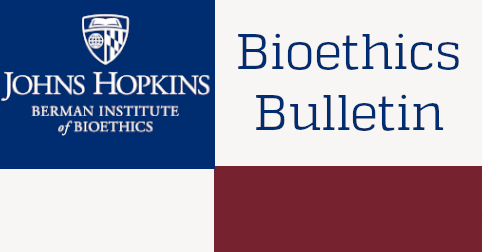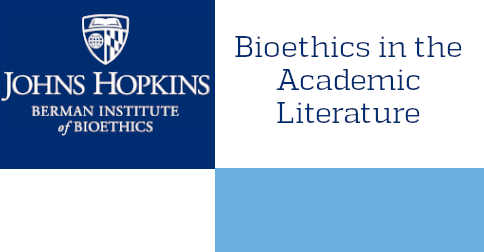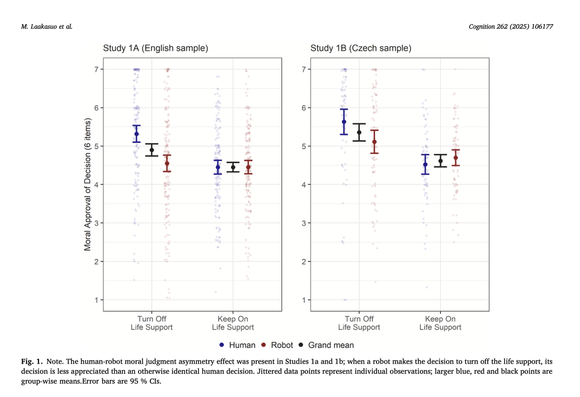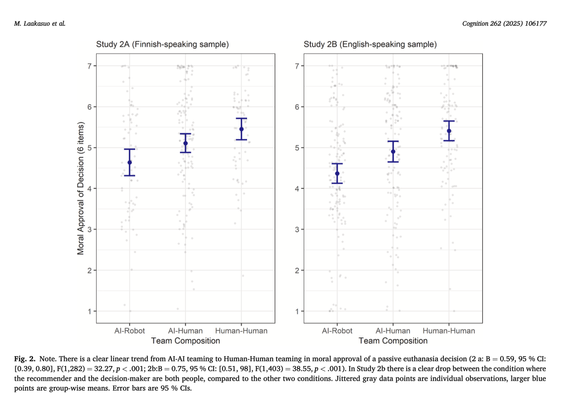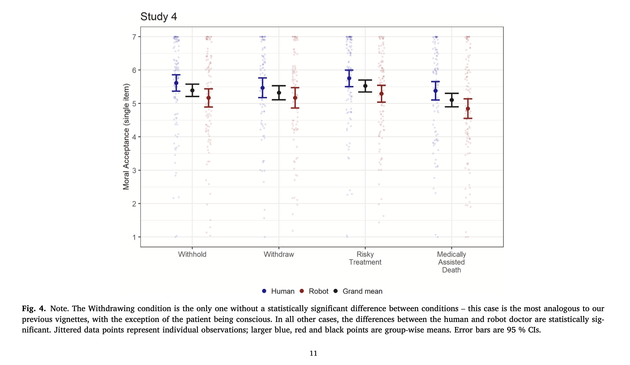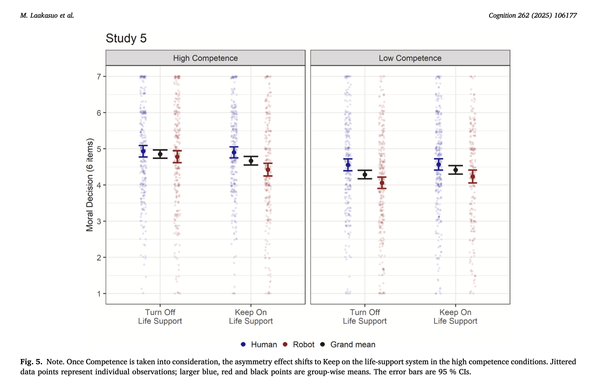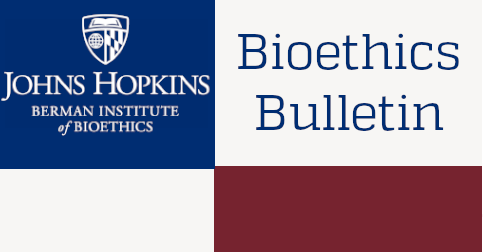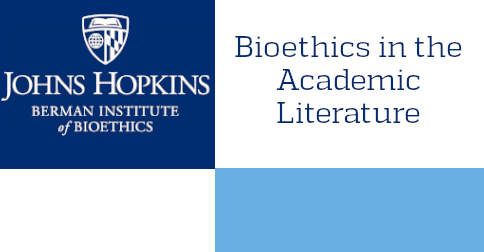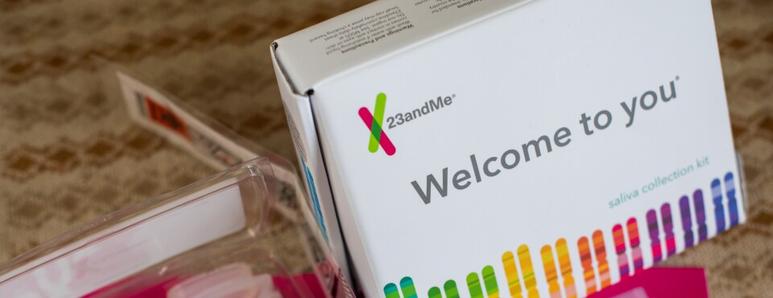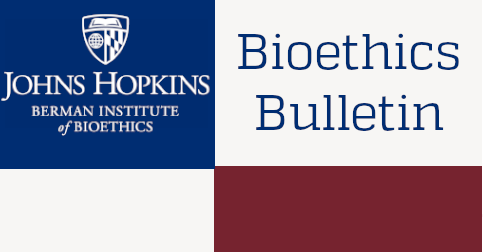Withdrawing life support was judged more harshly when medical #AI made the decision or recommendation than when human clinicians made it.
When patients were conscious or AI seemed more competent, the #algorithmAversion #bias faded.
I recently watched Animal Farm, a compelling CNN documentary presented by Dr. Sanjay Gupta, which explores the pioneering efforts to transplant pig kidneys into humans.
Some of the brave volunteers tragically lost their lives during the process, while others continue to live with these groundbreaking transplants. What struck me most was their incredible courage — fully aware of the risks, yet willing to help science and medicine take a bold step forward.
#W3Rooster #MedicalInnovation #BioEthics
Last was "The Case against Perfection" by Michael Sandel. While genetic engineering has fallen off the radar a bit in terms of urgent ethical topics, the methodical approach Sandel takes here when examining the ethical implications of the technology are broadly instructive for other technical fields. Highly recommend
Full review: https://bookwyrm.social/user/bwaber/review/7569566/s/a-rigorous-and-compelling-philosophical-examination-of-genetic-engineering-ethics#anchor-7569566 (5/5) #bioethics
#Humans #TransHumanism #TechCriticism #Bioethics #Capitalism #HumanEnhancement #Sociology #Humanity #SocialProgress #PoliticalPhilosophy #Ecofeminism #FutureOfHumanity
https://the-14.com/improving-human-beings-to-make-them-perform-better-why-is-transhumanism-so-harmful/
23andMe’s Genetic Data Trove Rests on Professor as Protector
#biotech #bioethics #bankruptcy
'The May 19 announcement that Regeneron Pharmaceuticals Inc. will buy most of the assets of the bankrupt genetic testing provider started a countdown for Washington University School of Law professor Neil Richards, the court-appointed privacy ombudsman, to investigate the company’s privacy policies.
In a report due before June 10, he’ll recommend to the judge whether—and how—the sale of data should take place, highlight any necessary changes to mitigate consumer harm, and evaluate Regeneron’s cybersecurity controls.
Such roles have historically prioritized ensuring the seamless sale of assets. But the unusual sensitivity and security risks surrounding 23andMe’s customer data, coupled with stringent federal, state and, international regulatory oversight, may give new weight to the ombudsman’s recommendations.'
